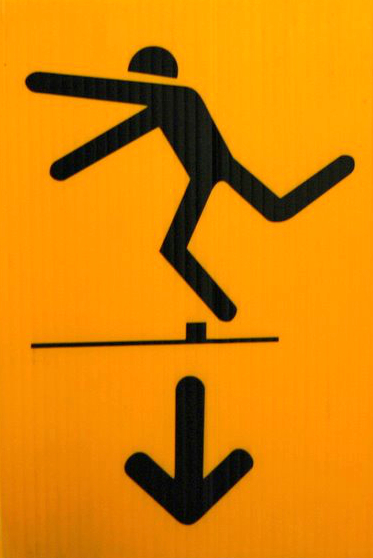Brain takes mistakes as time to learn
 A high-tech study has revealed that the human brain really does learn from failure.
A high-tech study has revealed that the human brain really does learn from failure.
The brain has two ways of learning - avoidance learning; a punishing and negative experience that trains the brain to avoid repeating mistakes, and reward-based learning; a positive, reinforcing experience in which the brain feels rewarded for reaching the right answer.
A new MRI study by has found that having the opportunity to learn from failure can turn it into a positive experience - if the brain has a chance to learn from its mistakes.
“In certain circumstances, when we get enough information to contextualise the choices, then our brain essentially reaches towards the reinforcement mechanism, instead of turning toward avoidance,” said Giorgio Coricelli, associate professor of economics and psychology at the University of Southern California.
For the study, researchers engaged 28 subjects, each around 26 years old, in a series of questions that challenged them to maximise their gains by providing the right answers.
If they chose a wrong answer, they lost money, while right answers helped them earn money.
One trial prompted their brains to respond to getting the wrong answer with avoidance learning. A second trial prompted a reward-based learning reaction, and a third but separate trial tested whether participants had learned from their mistakes, allowing them to review and understand what they got wrong.
In that third round, the participants responded positively, activating areas in their brains know as the ‘reward circuit’ or ‘ventral striatum’.
This experience mimicked the brain's reward-based learning response - as opposed to an avoidance-learning response, an experience that involves different parts of the brain that together comprise the ‘anterior insula’.
Coricelli said this process is similar to what the brain experiences when feeling regret:
“With regret, for instance, if you have done something wrong, then you might change your behaviour in the future,” he said.








 Print
Print